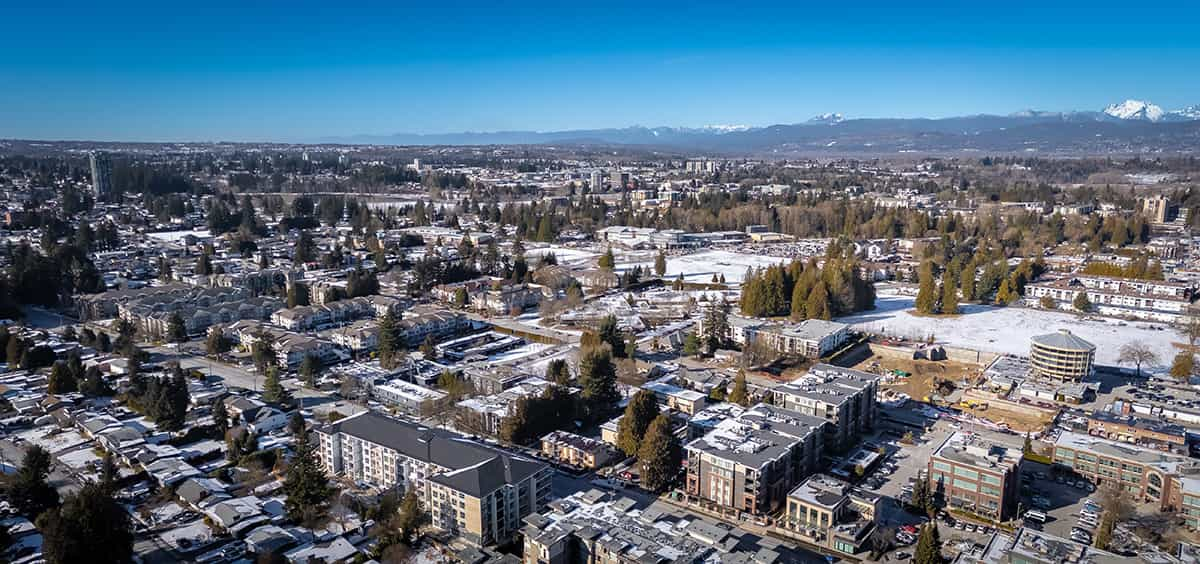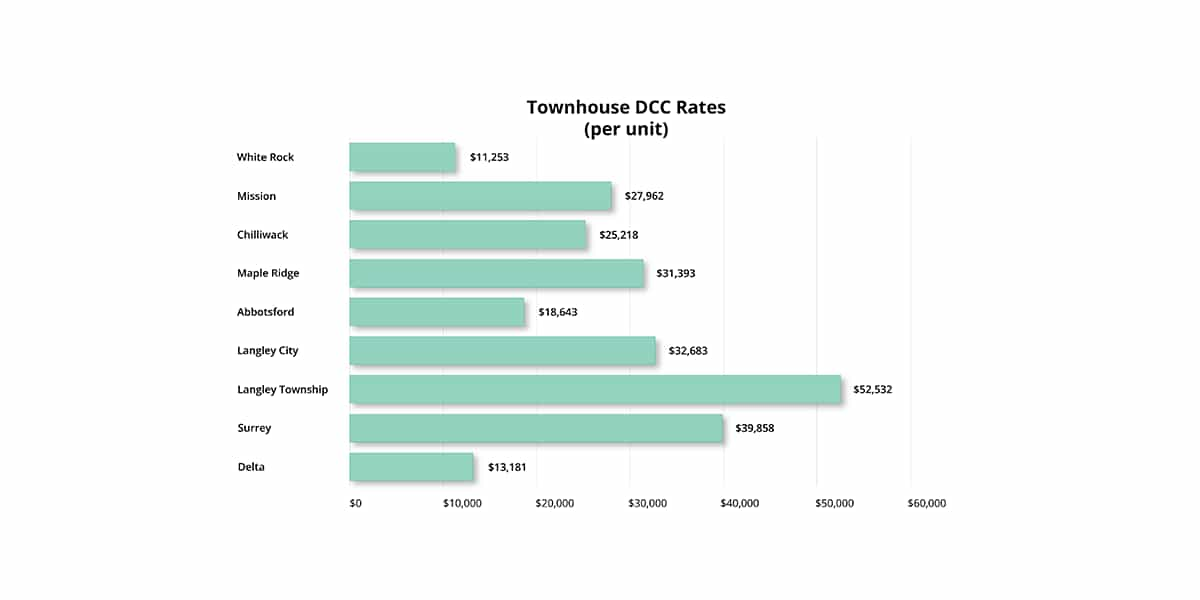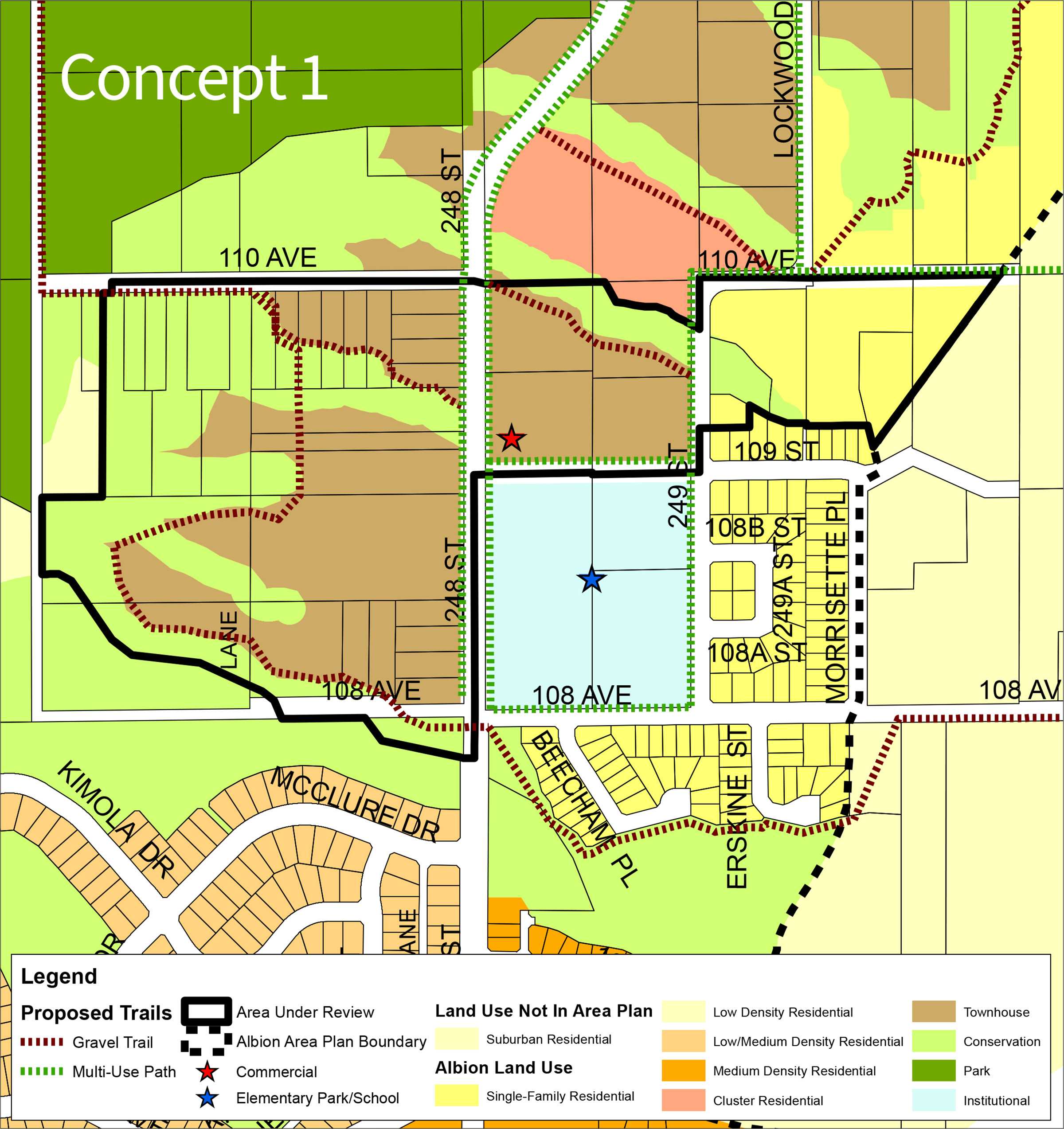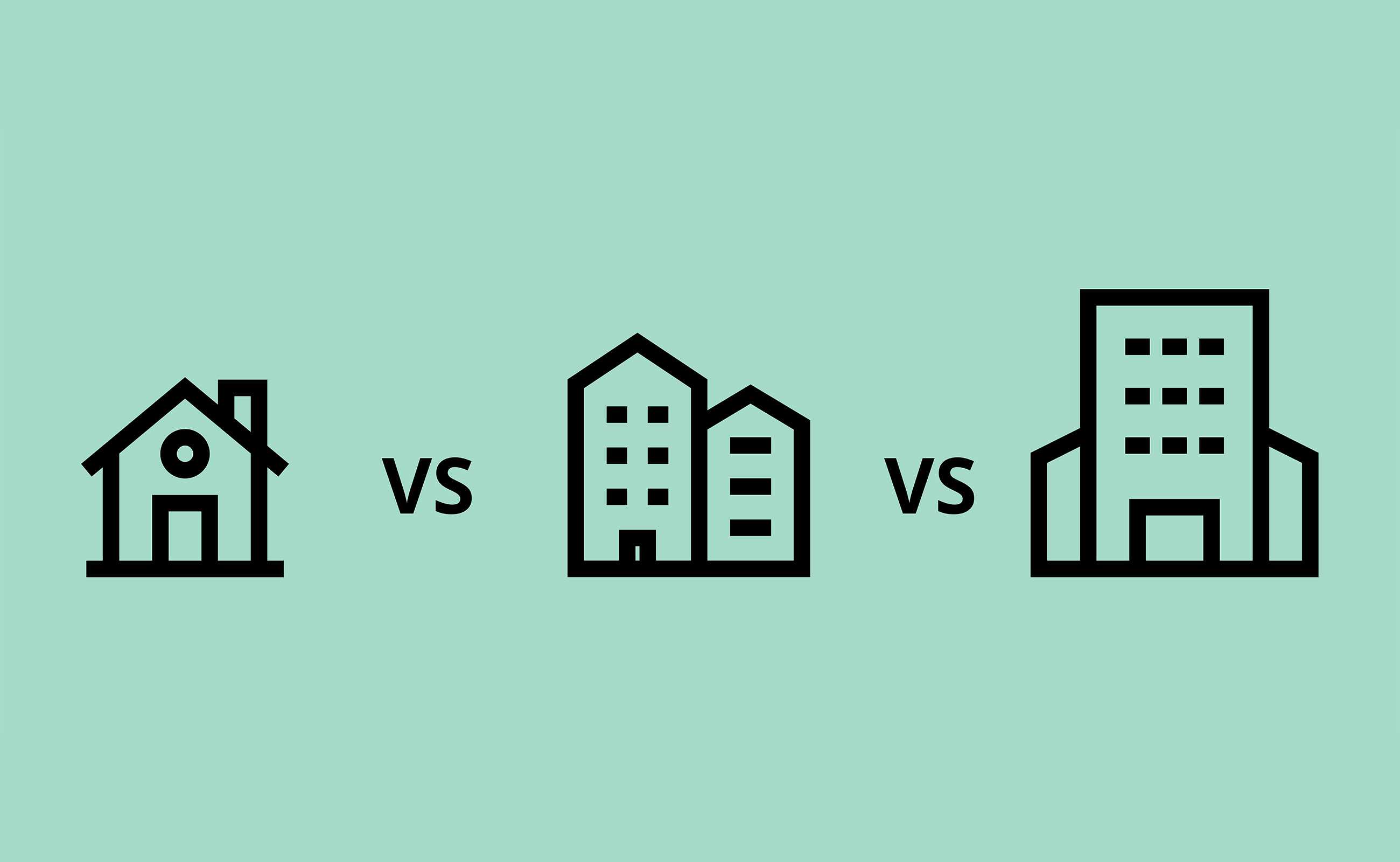Township of Langley Raises DCCs Another 59%
.png/a76268bc-6fd9-64be-22c8-39da2586d09f?t=1709745224373)
by Mike Harrison
On January 29th, the Township of Langley adopted the amended Development Cost Charges (DCC) bylaw raising DCCs charged for new housing development between 46% and 81% depending on home type.
The following table summarizes the new per unit DCC rates for residential development and the magnitude of the increase charged for each new home.

Protection for in-stream applications
The new rates impact all existing and future development applications; however, the Local Government Act (LGA) mandates a 12-month grace period be awarded to in-stream applications so some of the more advanced applications may be able to avoid the new fees. To qualify for the in-stream protection and avoid the fee increase, there are two critical requirements:
- The application must meet the LGA’s definition of a “precursor application,” which requires the application to have been submitted prior to the adoption of the amended DCC bylaw (January 29, 2024). Thankfully, the corresponding rezoning or development permit application satisfies the “precursor application” requirement; it is not necessary to have submitted the building permit application.
- DCCs must be paid prior to the end of the 12-month grace period, which in this case is January 29, 2025. As DCCs are not paid until issuance of building permits, the applicant must pull building permits for all phases for which they wish to pay previous rates. This is a significant cash flow challenge for larger, multi-phased projects where building permits are not pulled until the presale threshold is met and construction is ready to begin on that subsequent phase.
An Example of the Impact
To provide some context, let’s look at a hypothetical 6-storey condo development in Willoughby, the most popular development neighbourhood of the Township of Langley. Many of these condo developments achieve a density of 80-110 units per acre or more. For simple math, let’s assume our hypothetical development is a 200-unit condo development at a density of 100 units per acre. Under the previous fees, the DCCs payable would have been $5,329,400 (200 x $26,647). Under the new fees, the DCCs payable are $7,786,800, an increase of approximately $2,500,000, which equates to $1,250,000 per acre.
DCCs are collected to give the municipality the ability to offset the cost of infrastructure and municipal services (roads, sewers, drainage, water, parks, etc.) required for that new development, so regular increases should be expected, even if only to compensate for inflation. The challenge arises when the increases are this large, impacting the profitability of existing projects if the developer has already purchased the land, or driving land values down on those properties yet to be sold to a builder as the builder can no longer afford to pay as much for the land. For existing projects, it can mean the project is put on hold until it returns to profitability, which usually requires an increase in home selling prices. For properties yet to be sold to builders, it can delay a sale as the reduction in land value increases the price gap between seller expectations and what the buyer can afford to pay.
To read more about the Township of Langley’s new Development Cost Charges, click this link here: CLICK HERE.
For more information on the residential development land market in the Fraser Valley or to sign up for my monthly newsletter, please contact:
.png/9214f10c-2d6f-893a-588c-a32504fc371b?t=1181842726)
Fraser Valley residential land market update
A breakdown of monthly residential real estate data and commentary on the residential development land market in the Fraser Valley
Read more
Additional Fraser Valley residential development land articles
Data sourced from Fraser Valley Real Estate Board




